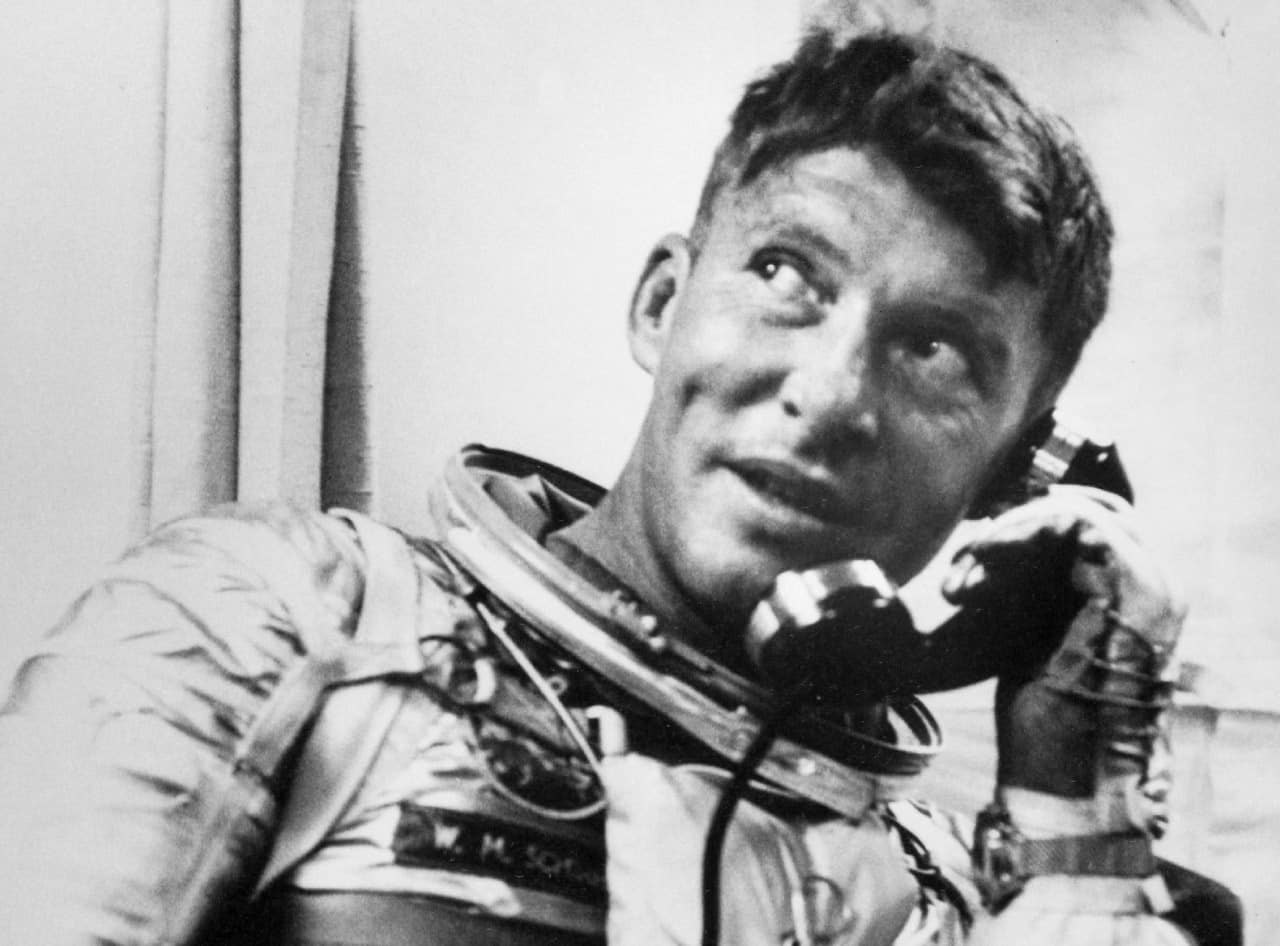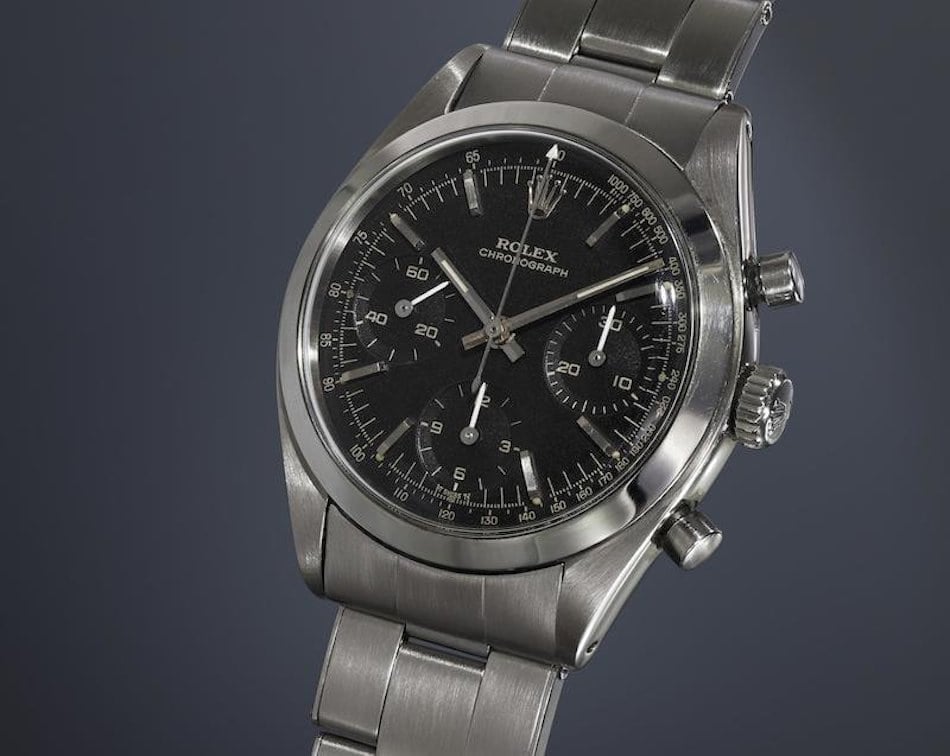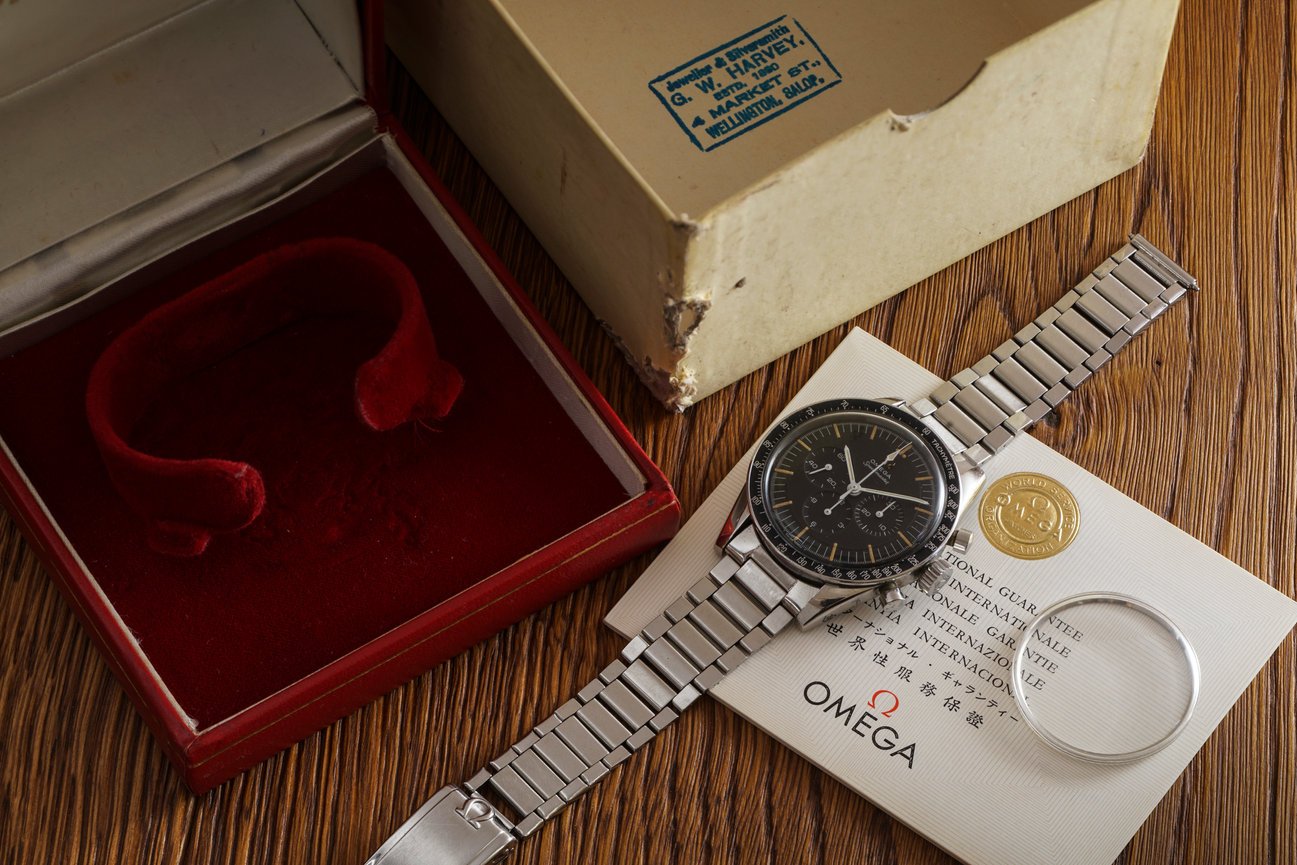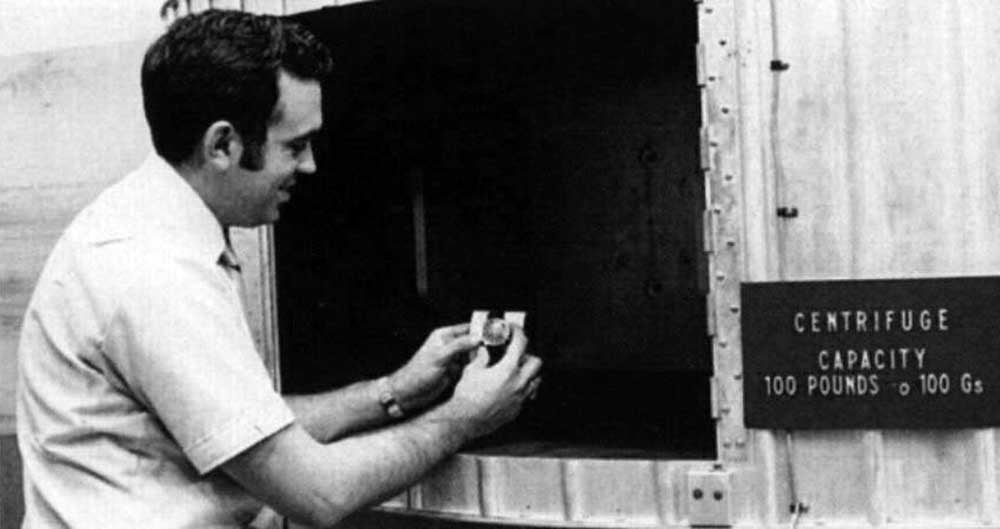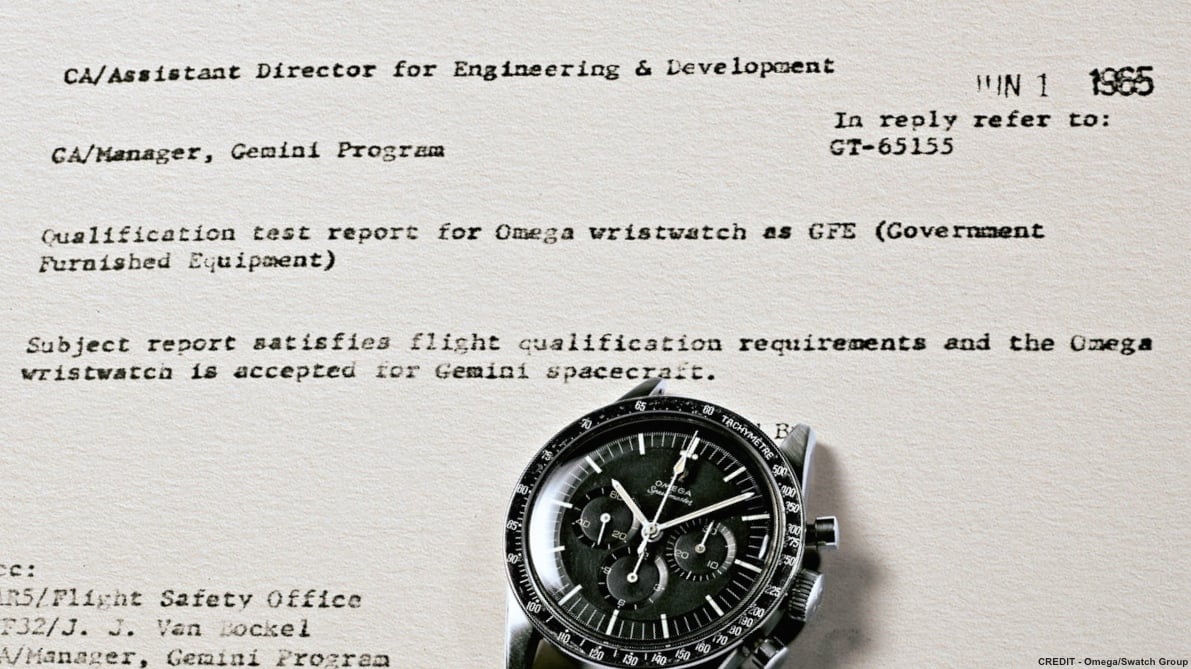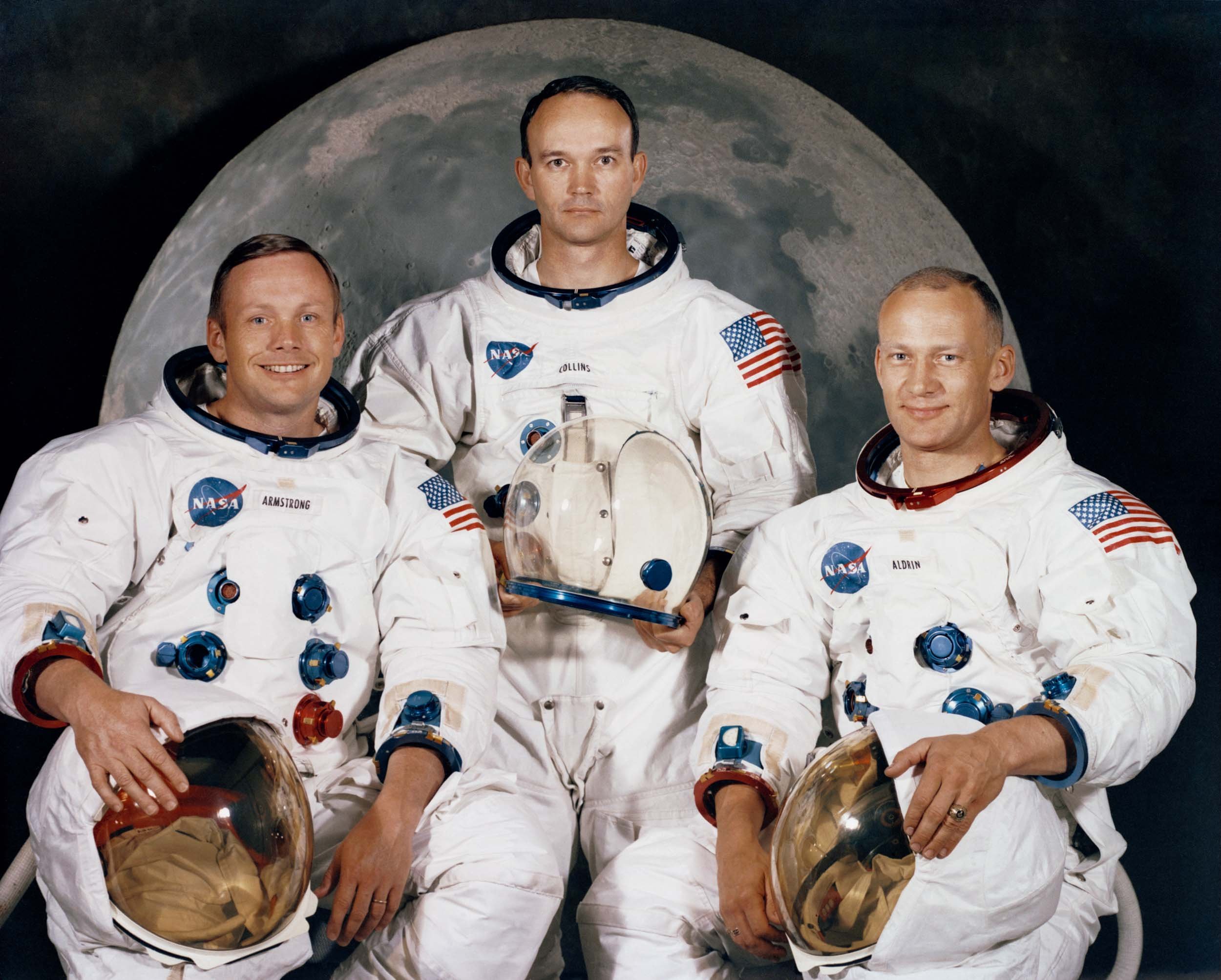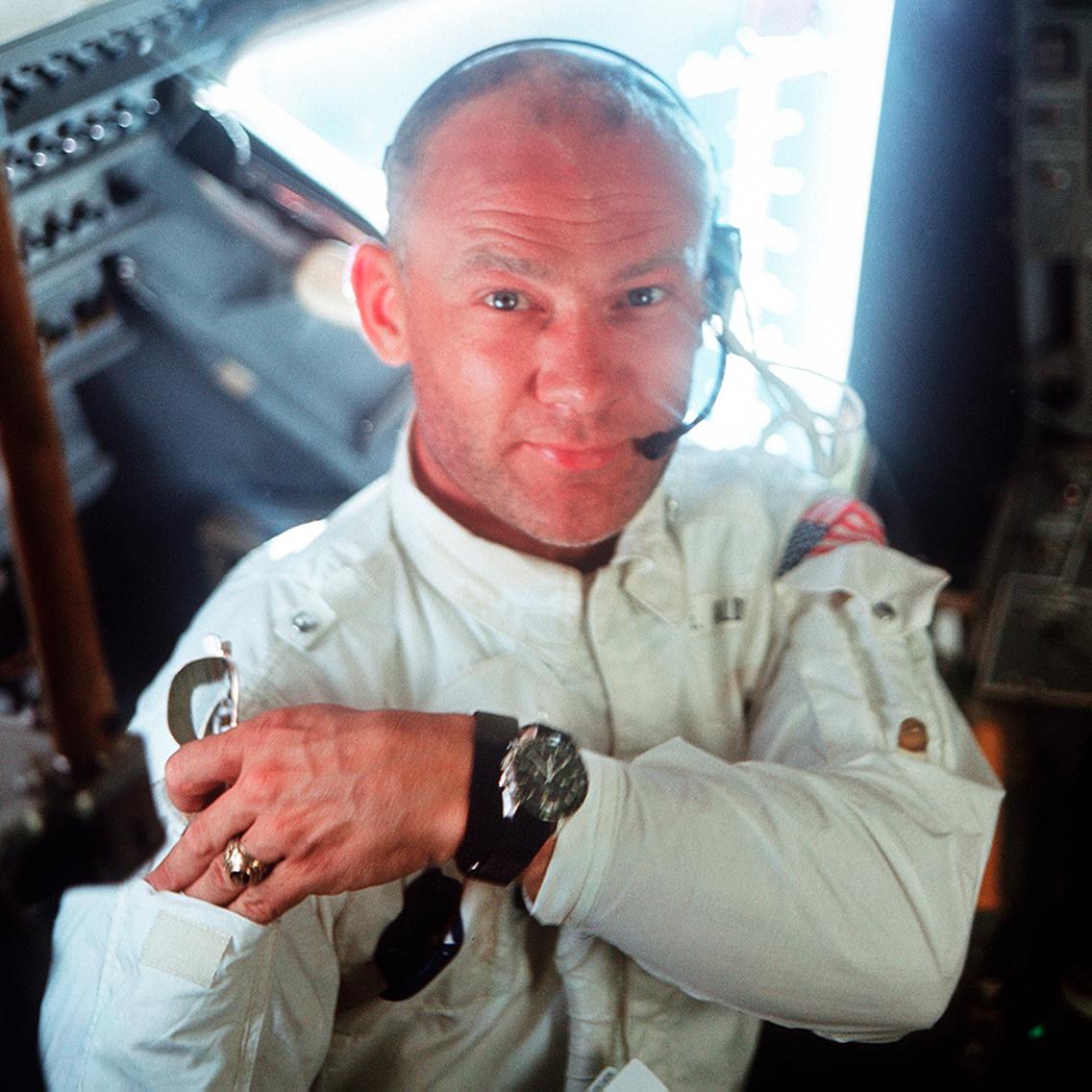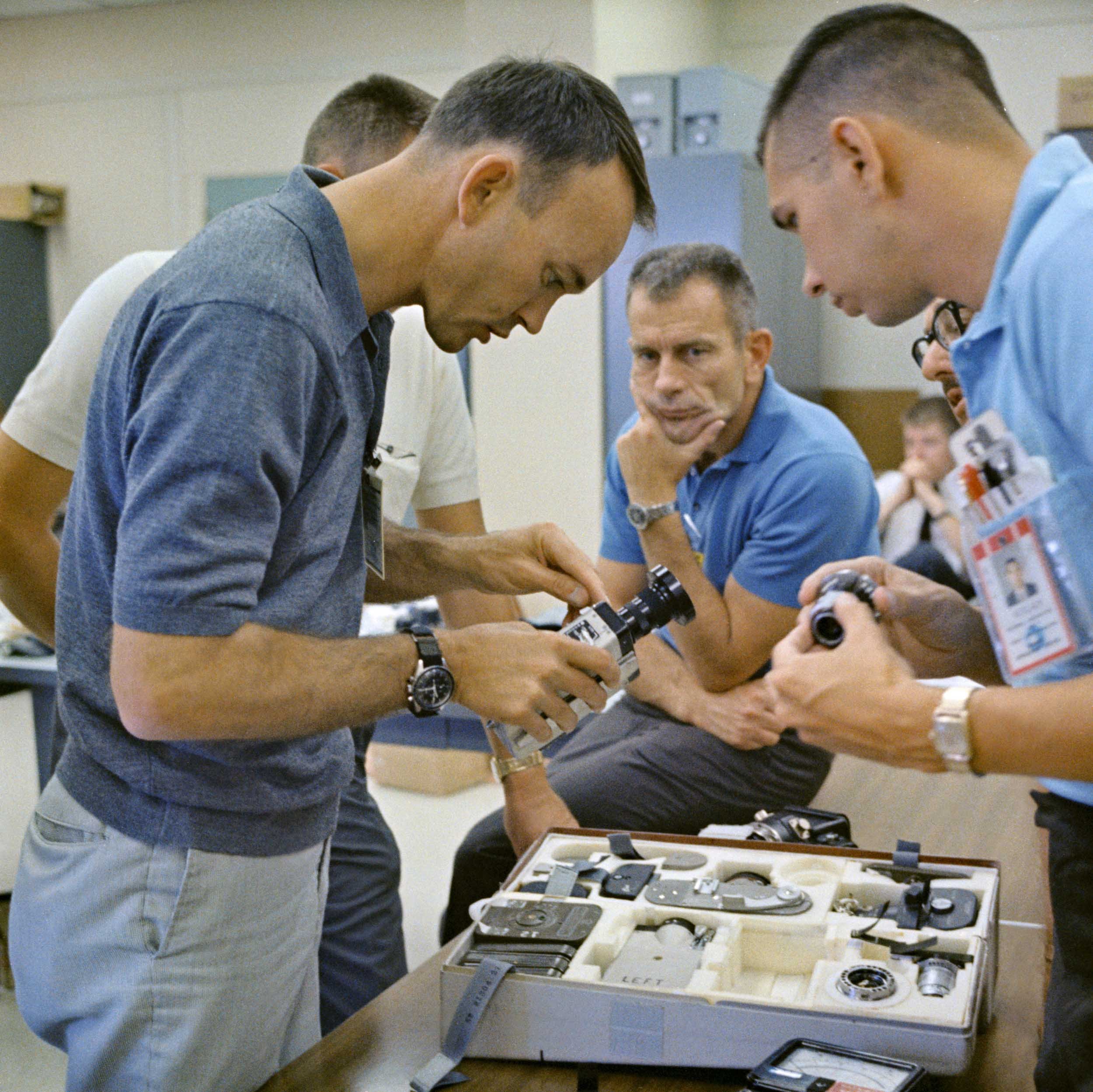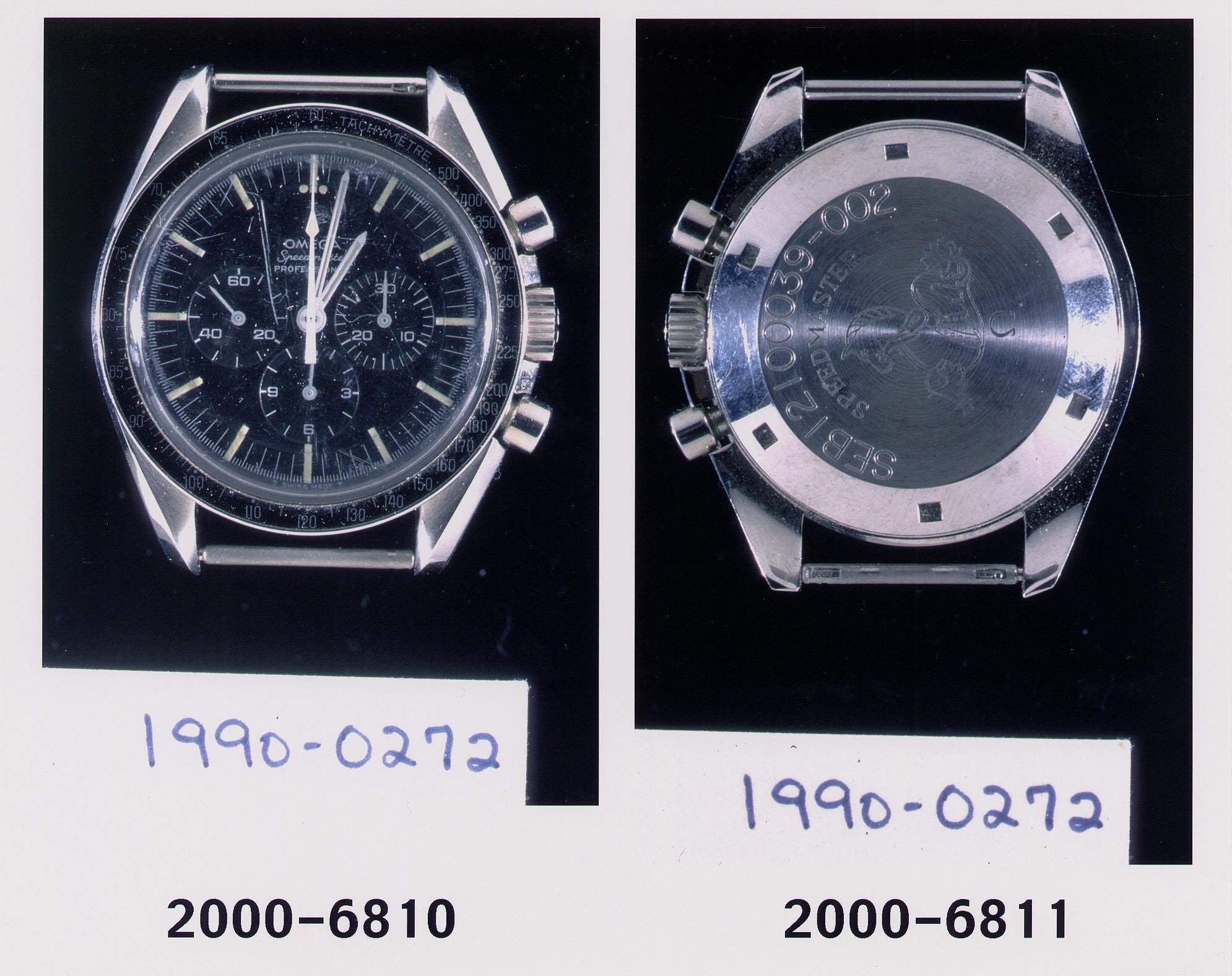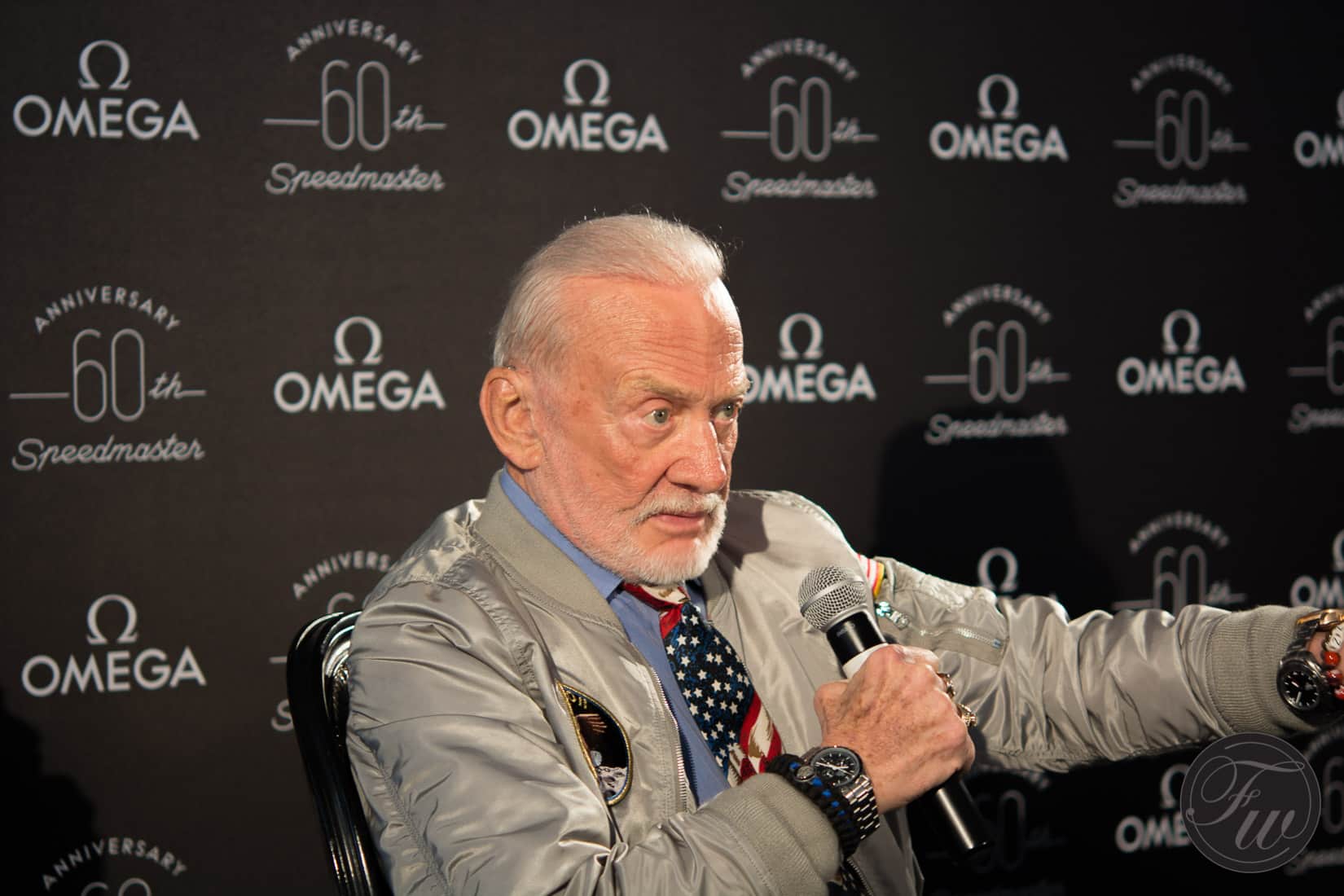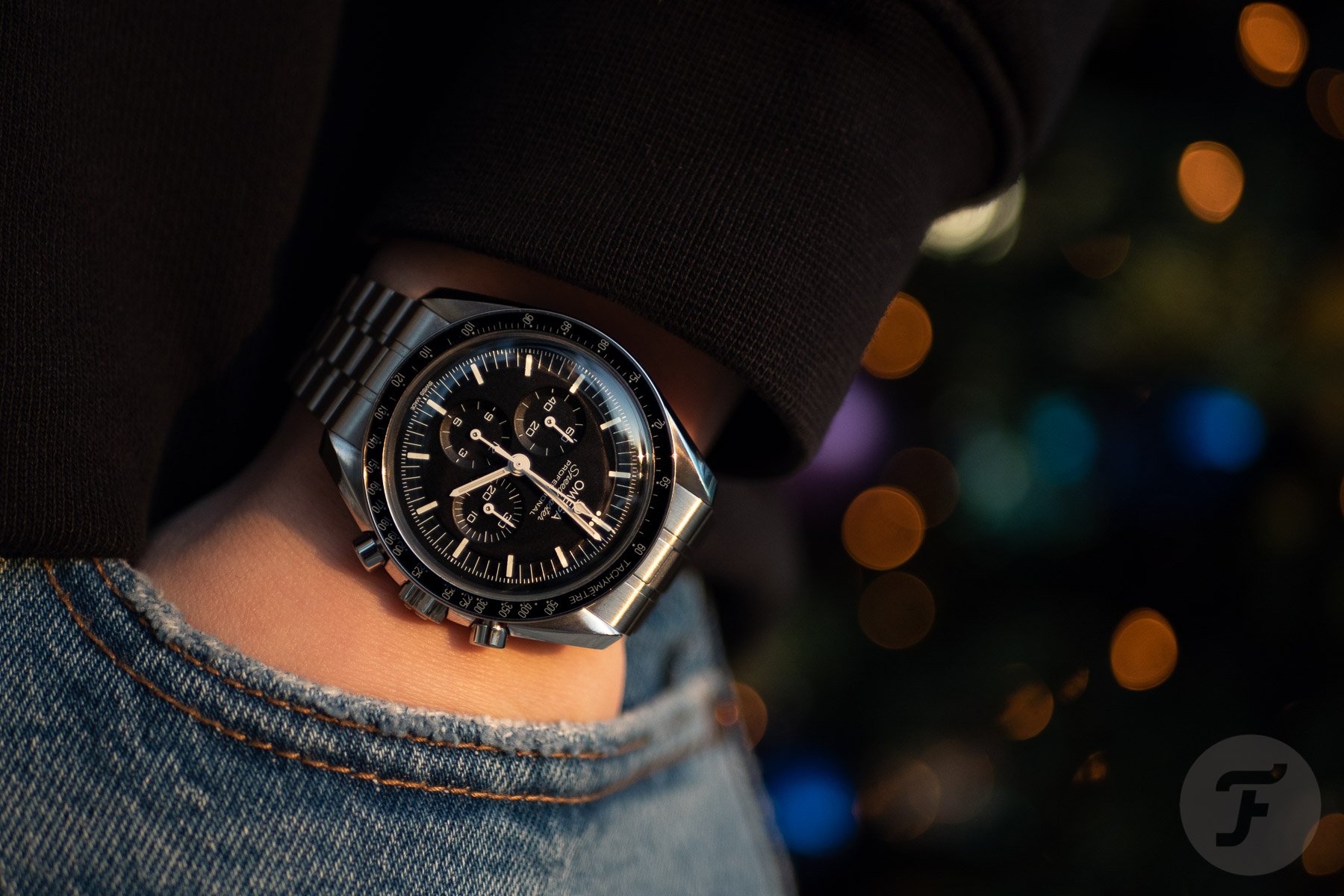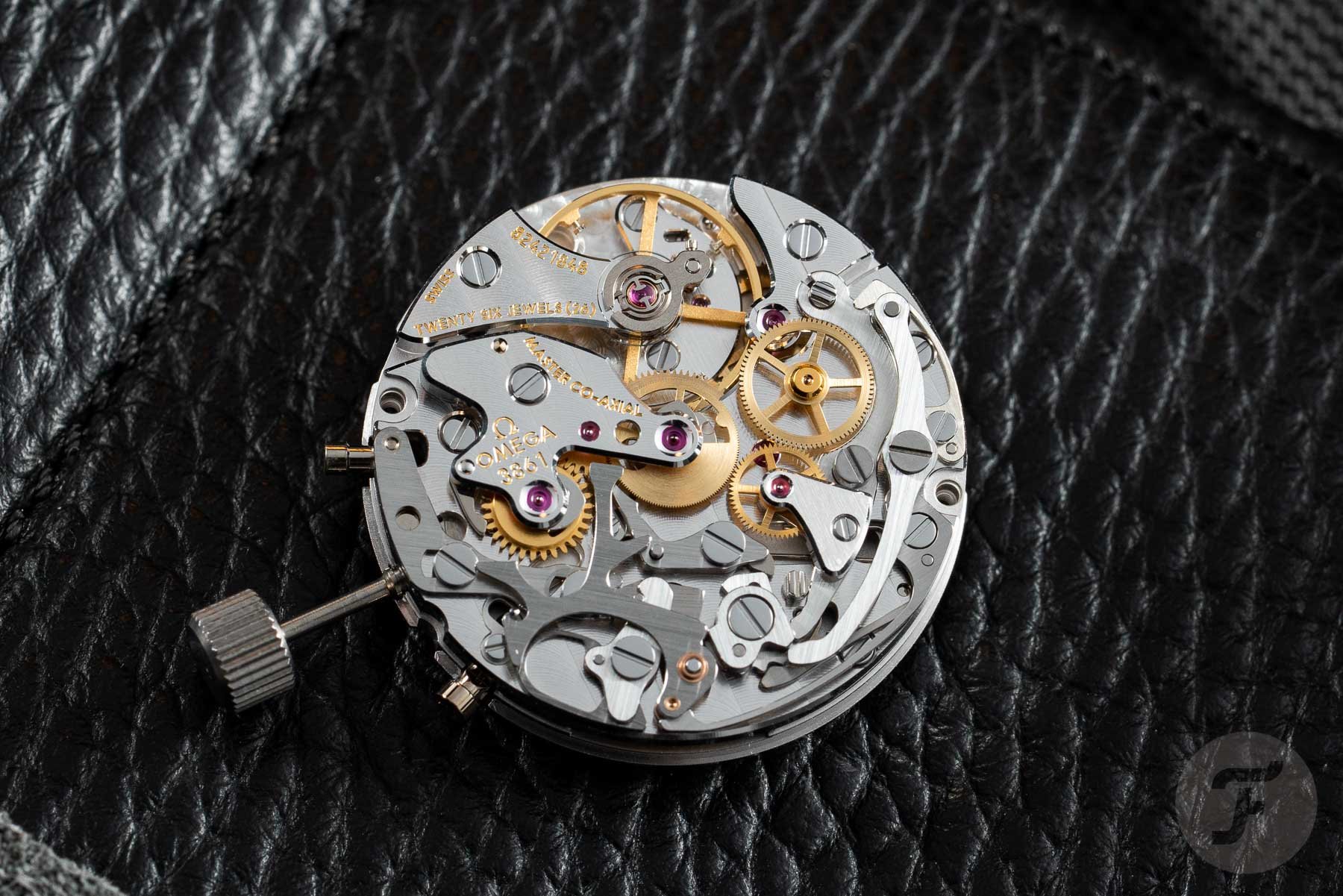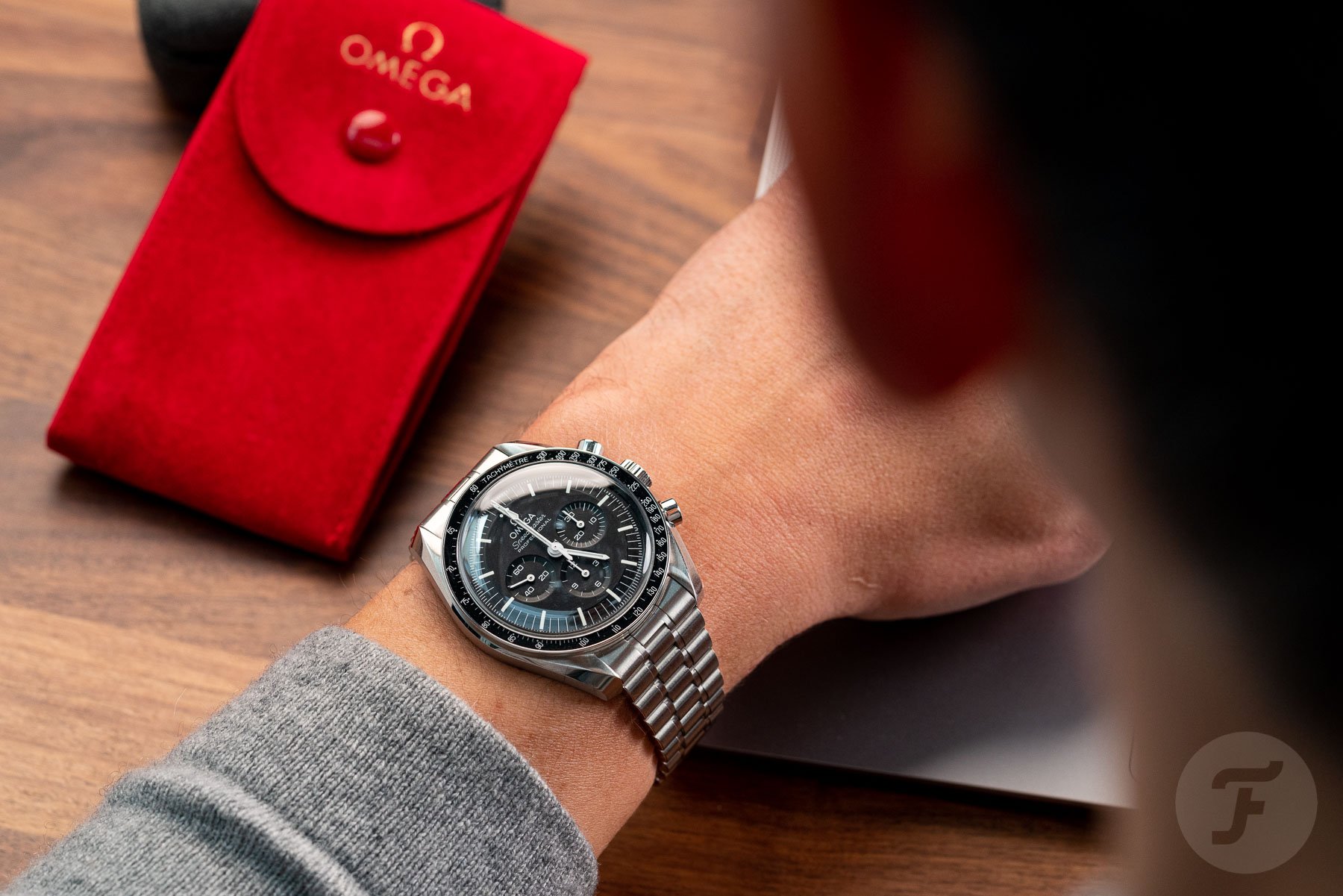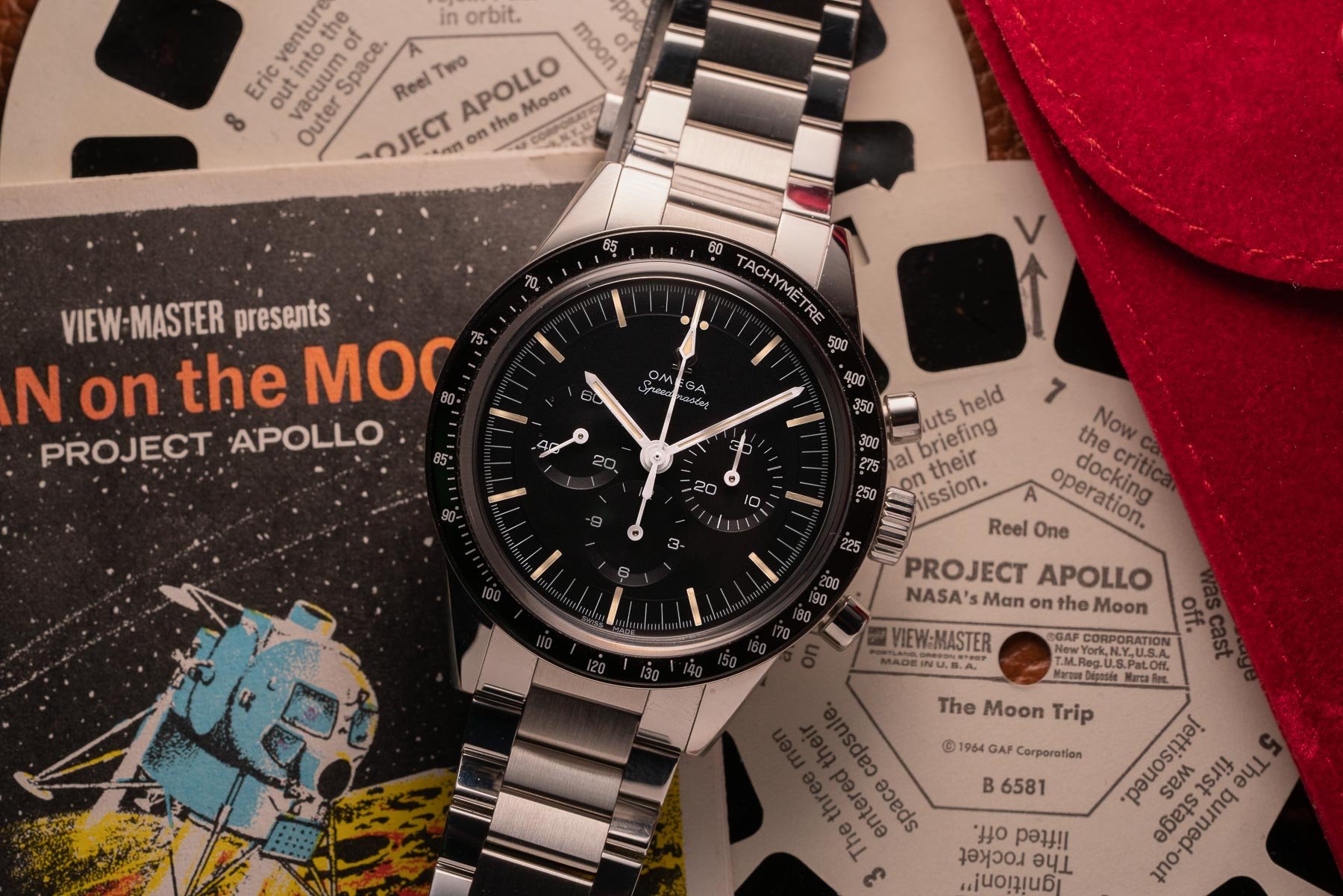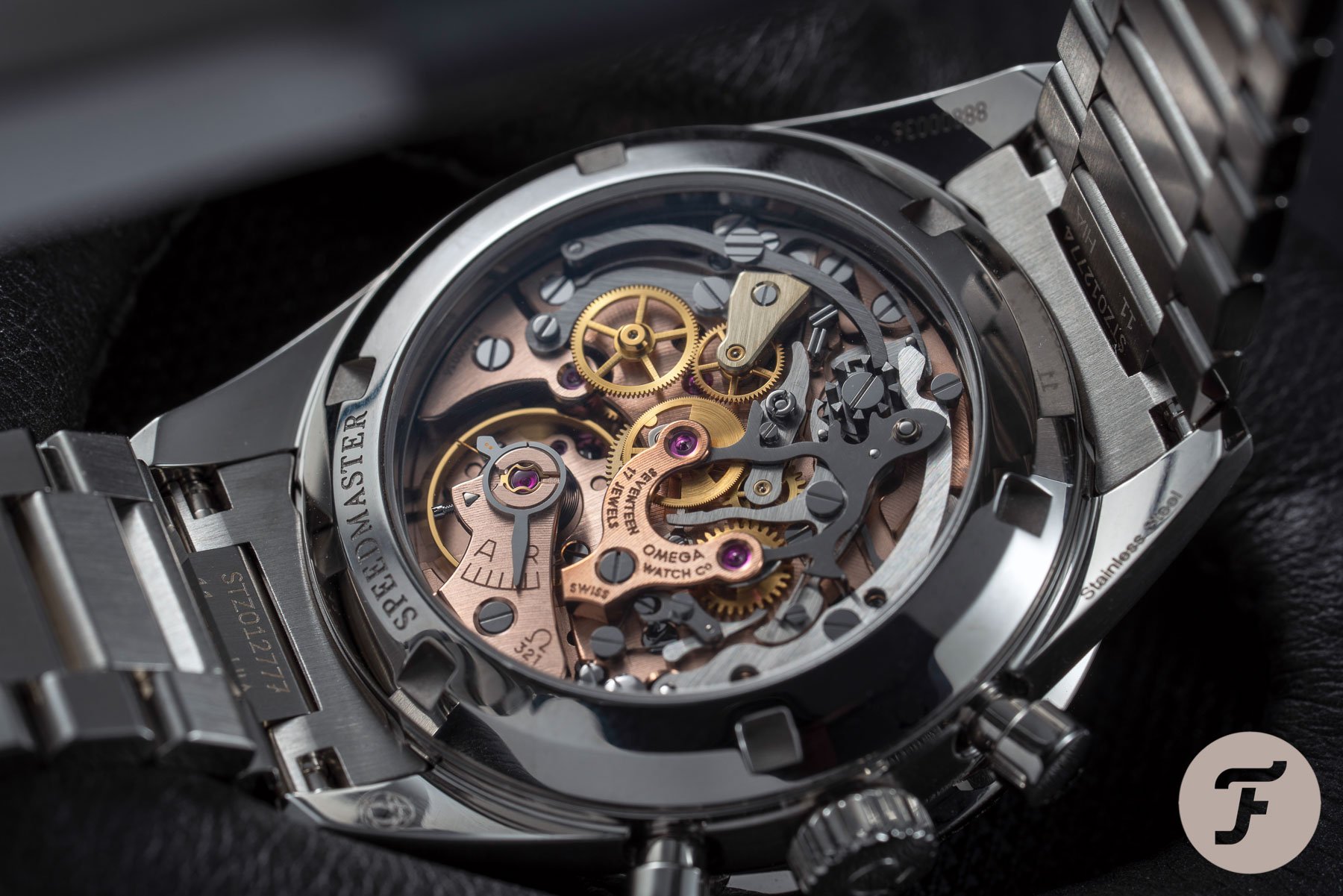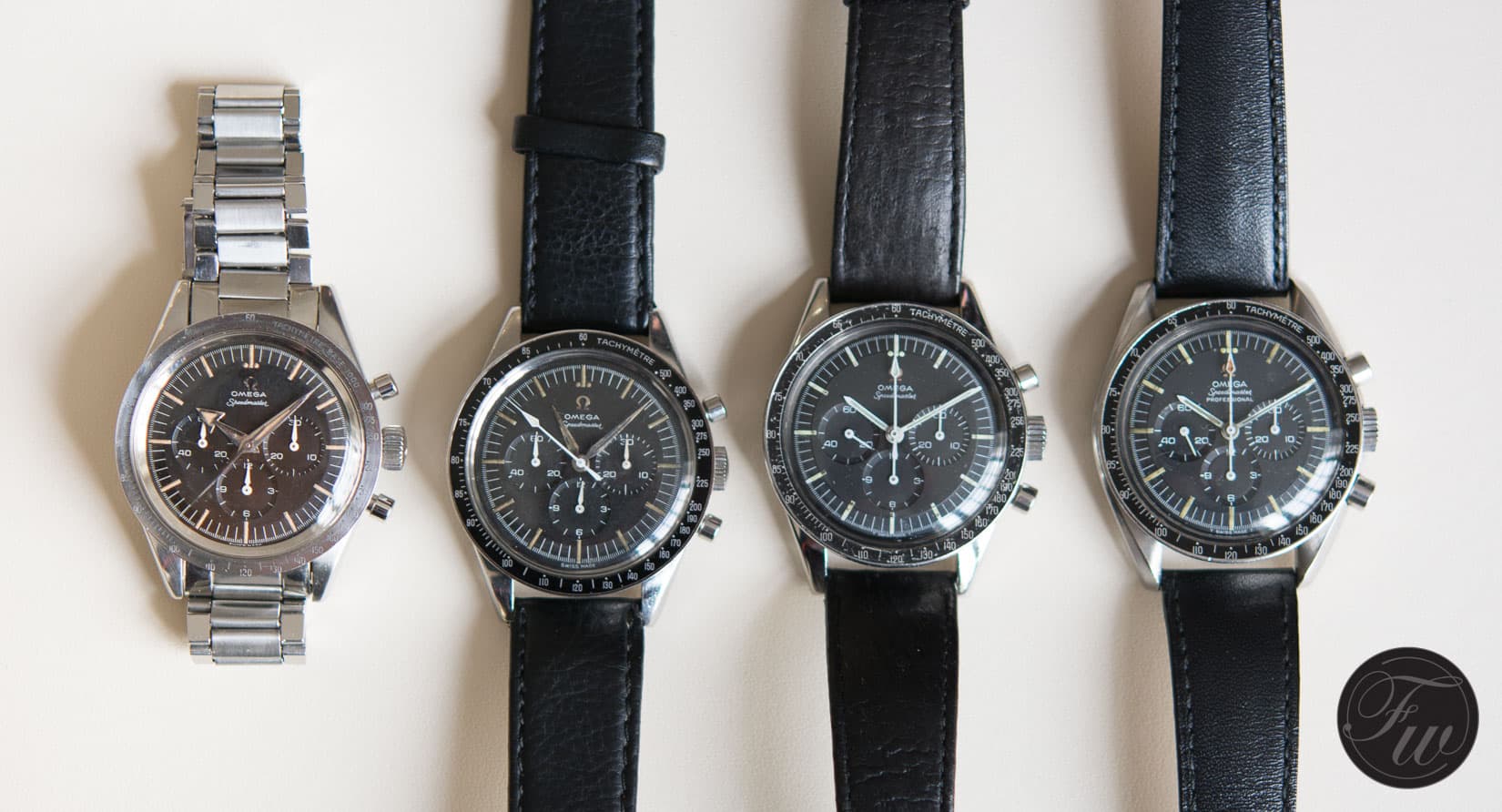The Omega Speedmaster Professional Celebrates Its 54th Anniversary As The Moonwatch
On July 21st, 1969, at 02:56 UTC, NASA astronaut Neil Armstrong was the first to set foot on the Moon. Nineteen minutes later, his colleague Buzz Aldrin joined him, wearing an Omega Speedmaster Professional strapped over his space suit. The watch was not there by coincidence. Rather, it was the only one that had not failed NASA’s rigorous testing procedures.
As a watch enthusiast, you’ve probably heard the story of the Moonwatch a thousand times already. However, in case you’re new to watches or simply don’t mind hearing about it for the thousand-first time, here we go!
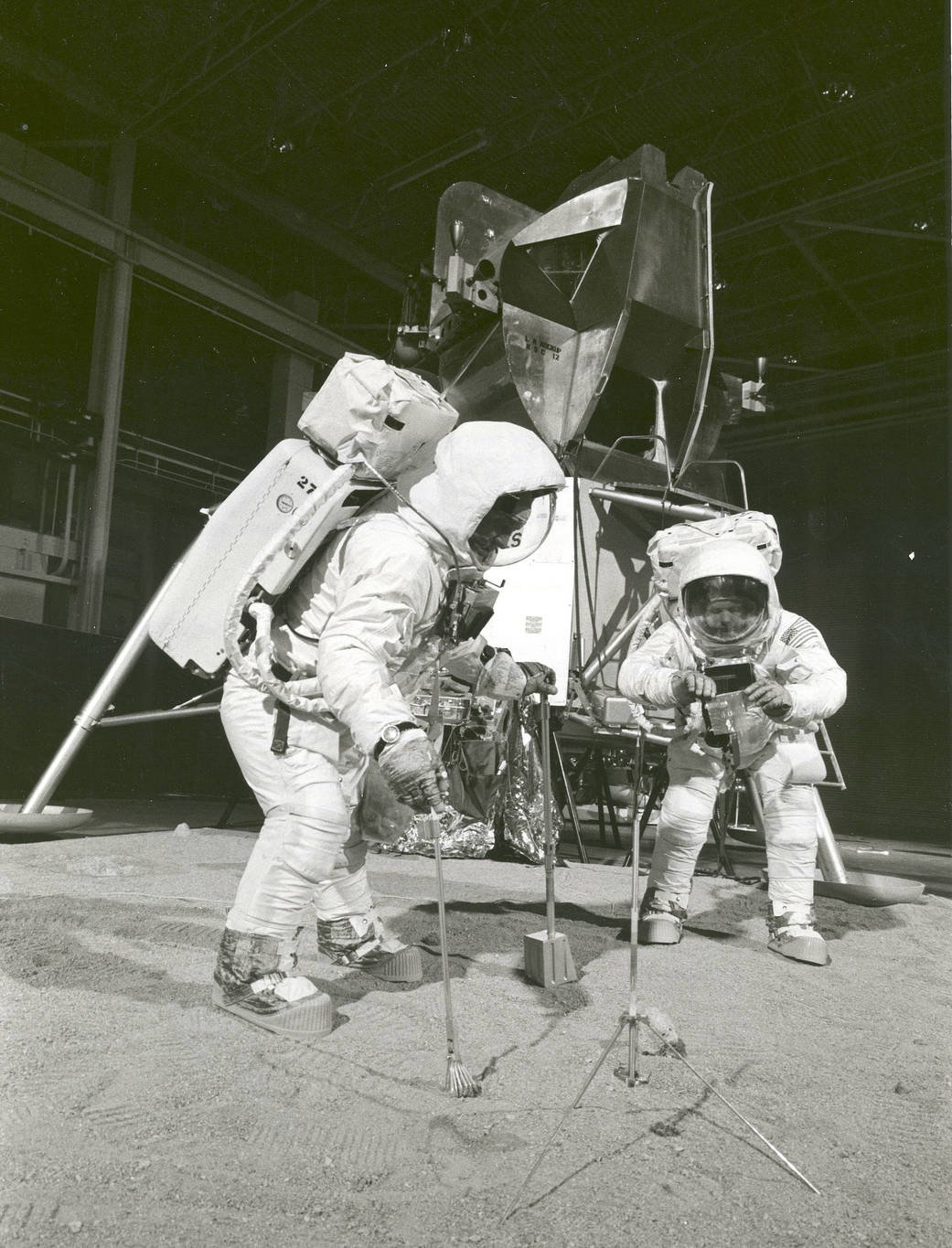
A training exercise on April 22nd, 1969, with Astronaut Buzz Aldrin on the left and Neil A. Armstrong on the right — Image: NASA
Astronauts Schirra, Slayton, and Cooper already wore a Speedmaster
The Omega Speedmaster Professional did not become the Moonwatch by sheer luck. Quite the opposite, in fact. For a long time, there was a rumor in the watch industry that NASA had simply purchased some Speedmasters at a jewelry store in Houston, and thus, it became the watch of choice. But this is NASA we’re talking about. There had to be some guidelines and rules when it came to purchasing equipment for astronauts. So let’s quickly step back even further in time to explain how the Speedmaster came to be the watch on astronauts’ wrists. The fact that Schirra, Slayton, and Cooper already owned a Speedmaster CK2998 wasn’t an influence.
How the Speedmaster became the Moonwatch
On Monday, September 21st, 1964, Flight Crew Operations Director Deke Slayton issued an internal memo that there was a need for a highly durable and accurate chronograph for the Gemini and Apollo flight crews. This request came from astronauts who approached Slayton seeking a watch they could use during training and flight. The memo landed on the desk of NASA engineer James Ragan, who then put together a request for quotation and sent it to about 10 different watch manufacturers, including Omega, Rolex, Longines, and Lucien Piccard.
It was between these four brands
Of the 10, only four responded — Rolex, Longines-Wittnauer, Hamilton, and Omega. Hamilton was immediately disqualified because its management thought it was a good idea to send a pocket watch instead of a chronograph wristwatch. In hindsight, this might have made the shortlist of the most awful mistakes ever made by a watch company. Only the other brands’ outright lack of response would top that list.
Longines, Rolex, and Omega put to the test
Longines-Wittnauer sent a reference 235T chronograph, Rolex US sent its reference 6238 chronograph, and Omega US sent the Speedmaster 105.003. An interesting side note is that both the Rolex 6238 (“pre-Daytona”) and the Longines-Wittnauer 235T were powered by a Valjoux 72 movement and the Speedmaster by the Lemania-based caliber 321.
How did NASA test the Speedmaster?
For the watch to be (flight) qualified for use by the astronauts, NASA came up with a set of tests designed to put these watches through hell.
- High-temperature test: 70° C for 48 hours, then 93° C for 30 minutes in a partial vacuum
- Low-temperature test: -18° C for four hours
- Vacuum test: heating in a vacuum chamber, then cooling to -18° C for several cycles
- Humidity test: ten 24-hour cycles in >95% humidity with temperatures ranging from 25° C to 70° C
- Corrosion test: exposure to an atmosphere of oxygen at 70° C for 48 hours
- Shock-resistance test: six shocks at 40 G in six different directions
- Acceleration test: progressive acceleration to 7.25 G for about five minutes, then to 16 G for 30 seconds on three axes
- Low-pressure test: exposure to 10-6 atmospheres of pressure at 70° C for 90 minutes, then at 93° C for 30 minutes
- High-pressure test: in an air pressure of 1.6 atmospheres for 60 minutes
- Vibration test: random vibrations on three axes between five and 2,000 hertz with an acceleration of 8.8 G
- Sound test: 130 decibels at frequencies from 40 to 10,000 hertz for 30 minutes
NASA’s qualification for the Speedmaster
NASA’s testing standards allowed each watch to show a maximum deviation of 6 seconds per day on average during normal use (again). According to official documentation that we’ve seen from Omega’s archives, it seems that the Rolex ref. 6238 failed the humidity test, with the movement simply coming to a stop, then failing during the high-temperature test. The Longines-Wittnauer 235T failed the high-temperature test as well when the crystal warped and came off. All tests were completed on March 1st, 1965. Interestingly enough, on March 23rd, 1965, the Speedmaster 105.003 was brought into space on the wrists of astronauts Virgil Grissom and John Young. Only a few months later, on June 1st, 1965, the Omega Speedmaster 105.003 received its qualification (not certification — NASA doesn’t certify anything!) to be used as the chronograph for all manned space missions.
Double-wristing with Ed White
Just two days later, on June 3rd, NASA astronaut Ed White wore not one but two Speedmaster 105.003 watches over his space suit during the first spacewalk performed by an American. Now that we know a bit about how the Speedmaster became NASA’s chronograph of choice (you can find a more in-depth story here), let’s move on to the next big thing that happened — Apollo 11.
Apollo 11 — who wore what?
Meanwhile, Omega continued to improve its watches, including the fourth generation of Speedmasters (reference 105.012) with “Professional” in the name. The addition of “Professional” had little to do with NASA’s qualification as Omega had already used the title in 1964. Rather, Omega added it to reflect the updated case of this model — a 42mm asymmetrical case with lyre lugs and crown guards. These guards were there to prevent the pushers from getting damaged or even knocked off. The former Speedmaster generations featured straight-lug cases with smaller diameters (39.7mm for the 105.003 and CK2998 and 38.6mm for the CK2915 with steel bezels).
Omega then started shipping these watches to NASA as well. This is how the famous Apollo 11 crew — Neil Armstrong, Buzz Aldrin, and Michael Collins — all ended up wearing fourth-generation Speedmasters. Armstrong and Aldrin received the Speedmaster Professional ref. 105.012(-65 for Armstrong’s), and Collins wore a Speedmaster Professional 145.012-68 (which we covered here).
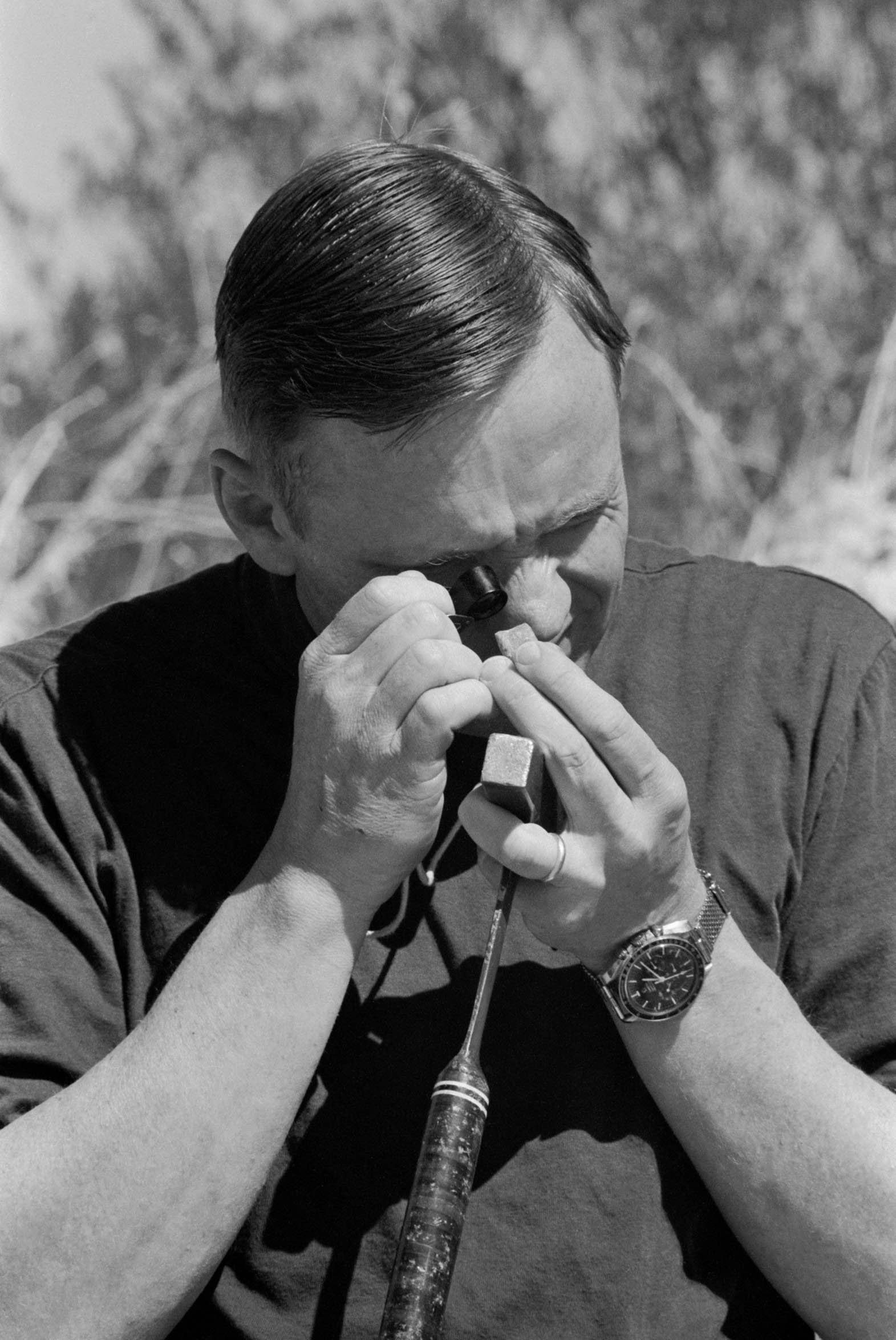
Neil Armstrong examining a rock sample, wearing his Speedmaster on a JB Champion bracelet — Image: NASA
Internal NASA reference codes for the Speedmaster
These watches all used the same internal NASA reference number — SEB1210039-002 (the 105.003 used the -001 designator) — engraved on the case back and a unique number engraved on the side of the case, near the lugs.
We don’t know where Buzz Aldrin’s Speedmaster is
Armstrong’s watch had serial number 46, Aldrin’s 105.012 had serial number 43, and Collins’s 145.012-68 had serial number 73. The story goes that Armstrong left his Speedmaster behind in the capsule as a backup for the malfunctioning board clock. Collins and Armstrong’s Omega Speedmaster Professional watches are now on display in the Smithsonian National Air and Space Museum. Apparently, Aldrin’s Speedmaster suffered a different fate and was lost during transportation to the Smithsonian in Washington, DC.
Earlier this year, Michael Collins passed away, leaving Buzz Aldrin as the only living Apollo 11 astronaut. Though his original Speedmaster may have been lost, rest assured that he is not without an Omega Speedmaster watch on his wrist.
No Speedmaster with caliber 861 on the Moon
The Speedmaster 105.003 and Speedmaster Professional 105.012 and 145.012 were worn to (and on) the Moon until the very last Apollo mission in 1972. But although Omega’s caliber 861 had already debuted in 1968, the Speedmaster Professional 145.022 with this movement never made it onto the Moon (only near it during Apollo 17 when astronaut Ron Evans used it as an onboard instrument). Omega stuck to shipping the Speedmasters with the NASA-qualified caliber 321.
Today’s Speedmaster Professional Moonwatch
Though Omega briefly considered discontinuing it in the 1990s, the Speedmaster Professional remained in the catalog for all these years, even when it didn’t match the brand’s innovative product developments anymore. Not only that, but the manufacturing of the watch wasn’t so different from how it was decades ago. This changed in 2021 when Omega introduced the new Speedmaster Professional Moonwatch featuring caliber 3861.
A Master Chronometer Moonwatch
This is a Master Chronometer-certified movement with an average accuracy of +5/-0 seconds per day, anti-magnetism to >15,000 gauss, a Co-Axial escapement, and a silicon balance spring. This might not be the same movement that was on the Moon all those years ago, but it is very similar to the caliber 861 that NASA qualified in 1978 for the Space Shuttle program. It also greatly resembles Omega’s caliber 1861, one that was never qualified but still used by astronauts and cosmonauts leaving Earth via Russian soil. The METAS certification also covers water resistance by fully immersing the watches in water, then applying pressure up to the guaranteed 50m mark.
Design cues of the new Moonwatch
Omega used the same case shape and dimensions as the fourth-generation Speedmaster, the 105.012/145.012 references. This means it has a 42mm case diameter and instantly recognizable lyre lugs. The dial and hands on the new model also look similar to the ones used in those references. It has a stepped dial and an identically shaped chronograph seconds hand. Whereas the original Moonwatch had an applied logo, you will only find this on the modern version with a sapphire crystal, while the Hesalite version features a printed logo on the dial. This helps to make a distinction between the two available variations. The sapphire version has a display back to showcase the beautiful caliber 3861. The Hesalite version is reference 310.30.42.50.01.001, and the sapphire version is reference 310.30.42.50.01.002. You can read our hands-on review of the modern Moonwatch here.
An additional modern Moonwatch
In 2019, Omega announced the return of its famous caliber 321. In July of that year, Omega revived it in the platinum Speedmaster Professional with an onyx dial and meteorite sub-dials. And in 2020, Omega introduced the steel Speedmaster Calibre 321, a watch based on the 105.003.
Gene Cernan’s watch
As a reference point for this recreation, Omega used the Moonwatch that Gene Cernan wore in 1972 as the last man on the Moon. It respects the dimensions and design of the original 105.003 Moonwatch but features a sapphire crystal and ceramic bezel. The reference number for this 39.7mm Speedmaster Calibre 321 is 311.30.40.30.01.001.
We’ve covered the Speedmaster extensively here on Fratello over the past 19 years. Our archive includes over 500 articles on the Omega Speedmaster and its many variations, the majority of which can be found in our Speedy Tuesday section. We hope you’ll enjoy browsing through them and going deep down the rabbit hole of these fascinating timepieces.

